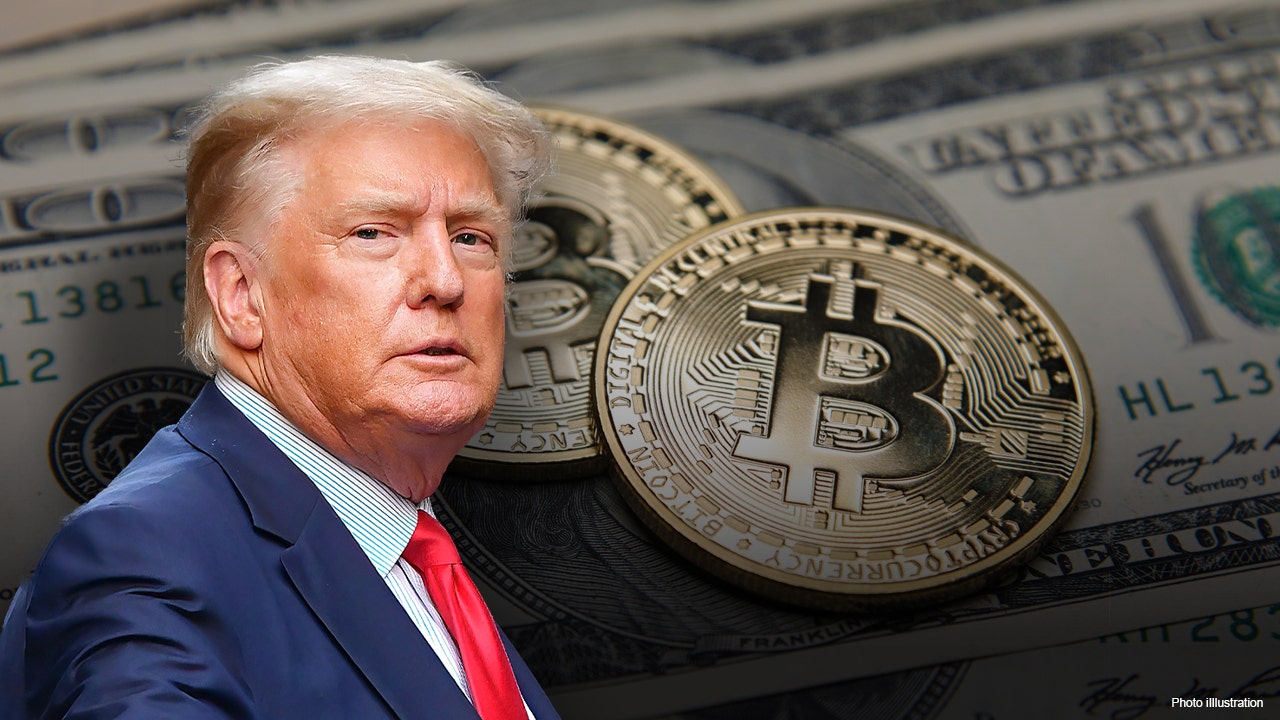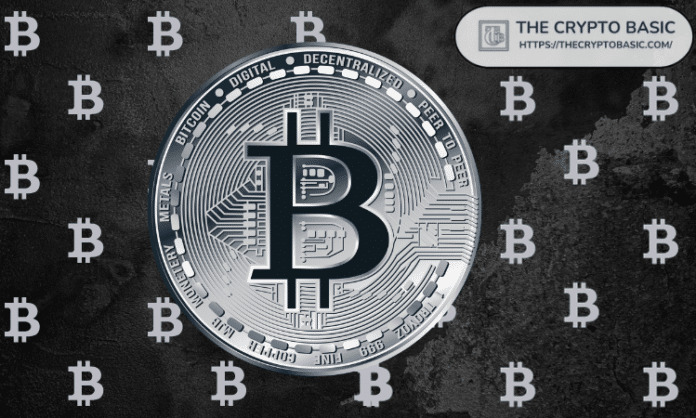Hold the phone, crypto fam! Sweden might be about to make a seriously smart move. Rickard Nordin, a Swedish MP, is pushing to get Bitcoin officially recognized as part of the nation’s foreign exchange reserves. Can you believe it? He’s directly challenging the finance minister to actually consider Bitcoin as a national reserve asset.

Honestly, it’s about damn time someone in a position of power started paying attention. Nordin rightly points out that Bitcoin is increasingly viewed globally as a hedge against inflation – a freaking lifesaver in these insane economic times. Plus, it’s gaining traction as a legitimate payment method and, crucially, a safeguard for wealth.
And get this: even Trump’s getting in on the action! He’s signed an executive order to establish a national Bitcoin reserve, utilizing seized crypto from criminal investigations. Talk about turning lemons into lemonade, right?
Meanwhile, Europe’s been dragging its feet, obsessing over a digital Euro while largely ignoring the elephant in the room – Bitcoin. Christine Lagarde, head of the ECB, insists the digital Euro will coexist with cash and offer privacy, but honestly, it feels like playing catch-up when the future is already here.
Let’s break down why this matters. Bitcoin’s decentralized nature offers a level of independence from traditional financial systems that governments are – and should be – taking notice of. The limited supply of 21 million bitcoins makes it a fundamentally different beast than fiat currency, constantly susceptible to inflationary pressures.
This push in Sweden isn’t just about finance; it’s about sovereignty and protecting citizens from economic instability. Governments hoarding Bitcoin adds legitimacy to the asset class and signals a shift in the global financial landscape.
Furthermore, the use of seized crypto assets, as seen with Trump’s order, demonstrates a practical application for previously illiquid assets, transforming them into valuable resources for the nation. It’s a win-win, people! This isn’t just nerdy tech stuff anymore; it’s about real-world economics and the future of money.






